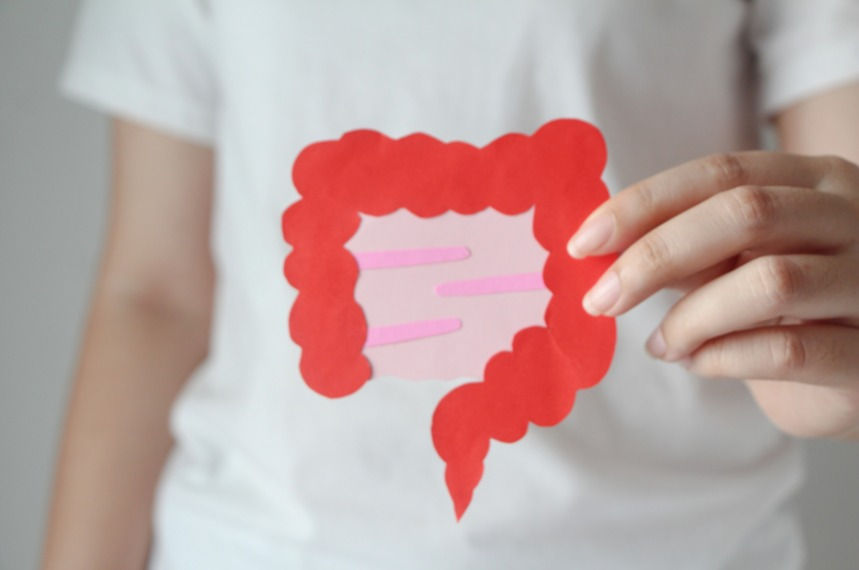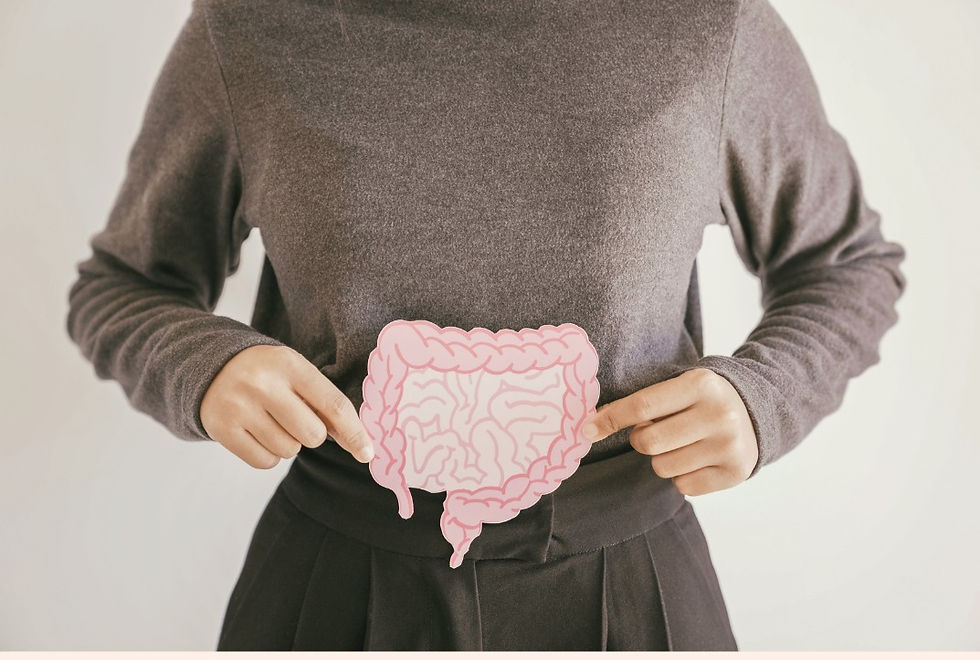THE INNER FLOW - YOUR BODY’S DETOX SYSTEM
- Tati
- May 3, 2024
- 3 min read
Our bodies are remarkably efficient at eliminating waste and toxins. They possess a self-cleansing mechanism that involves various organs and processes. The liver, often regarded as our "super" organ, plays a crucial role in detoxification by converting harmful substances into harmless ones.
Waste production is an unavoidable consequence of cellular activity. As cells consume nutrients, they generate waste by-products. To prevent harm, it is essential for this waste to be effectively removed from our system. Our body generally releases waste through faeces, urine, and sweat and our inherent ability to detoxify allows us to maintain optimal health and function.
LYMPHATIC SYSTEM
The lymphatic system plays a significant role in eliminating toxins and excess fluids from our bodies, but its efficiency relies on movement. This can be facilitated through specialised lymphatic massages or regular physical activities and exercise.
The primary pathways for waste elimination are the digestive tract and the urinary system. These systems work together to process and expel waste, keeping our bodies clean and healthy.
However, if our detoxification system becomes overwhelmed and cannot effectively manage the waste load, other organs, such as the skin, may step in to help. Occasionally, you might notice skin inflammation or breakouts, which could indicate that your skin is aiding your liver in eliminating toxins that might be overloading your digestive system.
Understanding the key processes occurring within the digestive system can help us identify potential issues and maintain optimal detoxification:
DIGESTIVE SYSTEM
MOUTH: Bite, Grind, and Thrive

In the rush to enjoy our meals, we often overlook the importance of chewing our food thoroughly. The act of chewing, however, is where the process of digestion begins:
saliva is produced
essential digestive enzymes are mixed with our food (that start breaking it down)
By taking the time to properly masticate our food, we provide significant support to our entire digestive system and avoid uneasiness down the road - bloating, aching, constipation etc.
Once the food is swallowed it reaches:
STOMACH: Acidity for Harmony

The human stomach, when empty, is approximately the size of a clenched fist—a fascinating fact when considering how much food we sometimes consume. Now the food experiences a temporary pause of about 30 minutes. It is mixed with the gastric acid secreted by the stomach lining. With a pH level of 1.9, it is only slightly higher than that of battery acid, which has the ability to dissolve materials such as metal and bone. As a result, stomach acid can potentially harm strong materials like bones and teeth upon direct contact.
According to Dr. Libby Weaver, consuming consuming water during meals may not be ideal, as it can dilute the stomach acid and potentially hinder its efficacy in breaking down food.
She recommends to add a bit of lemon juice or apple cider vinegar to your water, which can help stimulate the production of stomach acid and support the digestive process.
SMALL INTESTINE: Small But Mighty
As the food continues its journey through the small intestines, the majority of nutrients are now absorbed into our bloodstream.
Interestingly, there are exceptions to this process, such as alcohol, which can enter the bloodstream through the stomach within just five minutes. This explains why we might feel the effects of alcohol almost immediately after consuming it.
The food now undergoes further breakdown and is then transported to our liver, filtering toxins from the bloodstream and processing nutrients, ensuring our body receives the essential elements it needs.
LARGE INTESTINES: Your Microscopic Allies
Our large intestines is home to about 2 kg of bacteria, fungi and viruses working hard to ferment and process food into faeces while removing water and electrolytes for our body’s use.

In case something went wrong further up the digestive track, e.g. we didn’t chew properly, chances are you might feel some uneasiness in form of bloating in your large intestines.
(More about your gut & brain health - on our blog)
RECTUM: The Last Stop
At the end of the large intestine, this small space is a temporary storage area for faeces. So here it’s goodbye to all the waste and we start all over again.
This entire process wouldn’t be possible without hormones, enzymes and other substances produced by our pancreas, gallbladder and our “super” organ the liver.



Comments